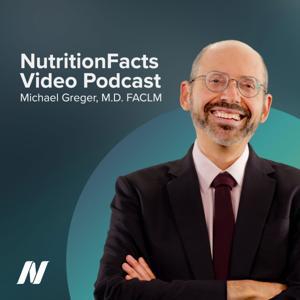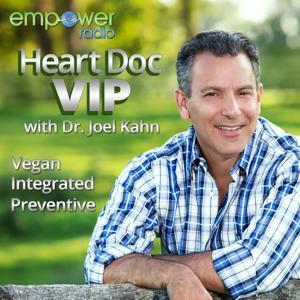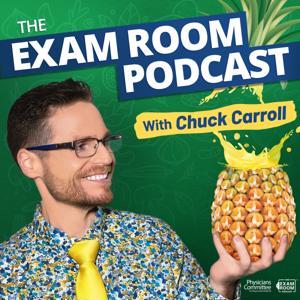Zach Stone’s life arc runs from teenage “knucklehead” to crisis negotiator, trauma-informed facilitator, and head-of-product for thirty health-ed dev teams. In this rich, funny, and occasionally hair-raising conversation we drill down into the how of navigating chaos — on a subway platform, in a corporate boardroom, and inside your own nervous system.
Trigger warning: there's a conversation about suicide at about 15 minutes into the episode. Skip to minute 17 if you want to avoid this section.
Here's a tasting menu of our conversation:
Gang manuals & purple binders – How a Quaker-adjacent conflict resolution course turned a 15-year-old troublemaker into a group dynamics geek.
From union hall to board hall – Lessons learned refereeing SEPTA labor fights and why the same “rubber-and-glue” listening works on Zoom stand-ups.
OARS in rough water – Using Motivational Interviewing (Open questions, Affirmations, Reflections, Summaries) to defuse rage, whether from a bus driver or the voice in your own head.
Simulated danger, real breakthroughs – How well-designed role-plays can heal trauma if you hold the container (and what happens when a participant suddenly starts to undress).
Signs you’re in a chaotic system – Chronic absenteeism, cortisol tummy, “my work doesn’t matter” syndrome, and 70% burnout in tech.
Habit > culture – A shout-out to Paul Gibbons, Prochaska & DiClemente, and the myth of top-down culture change.
Martial arts as somatic therapy – TaeKwonDo to Muay Thai to boxing; what Zach saw when veterans laid down their canes and kids in shelters stopped fighting.
Virtual heartbreak – Coaching a Kharkiv dev team while missiles shook their bomb shelter.
Chaos surfing 101 – Why you don’t control chaos, you ride it; plus simple team-level practices to build collective resilience.
Takeaways
Name the elephant first. Start every workshop by voicing the resistance in the room; it evaporates faster than you’d think.
Watch for survival mode. Tight shoulders, skipped meals, rolling eyes? Slow down before you roll out another initiative.
Move the meat-sack. Five minutes of mindful movement (shadow-boxing, Tai-Chi, hallway laps) resets the neuro-chemistry better than another latte.
Change habits, not slogans. Draft tiny incentives that make the preferred behavior the easy behavior; culture follows.
Links & Resources
Zach on LinkedIn – the easiest place to connect and geek out about behavioral science.
Red Kite Project – trauma-informed organizational change (Charlotte DiBartolomeo).
AFSC Help Increase the Peace curriculum
Books
Peter Levine – Waking the Tiger
Bessel van der Kolk – The Body Keeps the Score
Paul Gibbons – The Science of Organizational Change



























